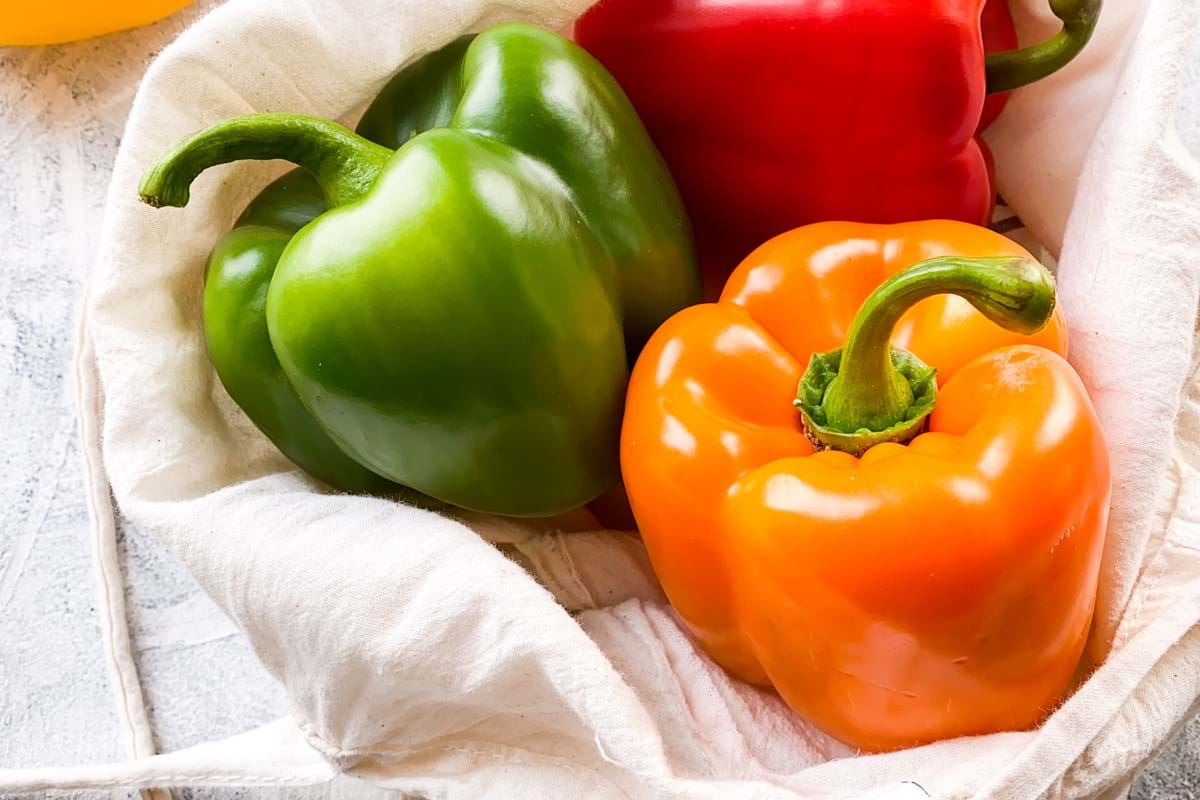Summer is drawing near and we cannot wait to spend those long summer evenings with good food and even better company. We are particularly looking forward to this season as it is the time when our salads are at their most delicious. They are ideal for on the barbecue or in a fresh salad. Moreover, during this season, the tomatoes, sweet peppers, and cucumbers come from our Dutch greenhouses. Let our newsletter inspire you for a delicious summer!

Put our Dutch veggies on the grill
Summer means it’s barbecue time! Did you know that vegetables are increasingly being given a starring role during barbecue evenings? They can be prepared in a variety of ways that really bring out their flavours. Grilling sweet peppers and tomatoes makes them deliciously sweet. Or try roasting them for a different taste sensation. Give vegetables the leading role in your dish. You’ll be able to put on a lavish spread this summer, especially with vegetables. Healthy and conscious food choices have become the trend!
Our salads make a delicious and healthy accompaniment to barbecue meals. And the great thing is that they taste their best this season. The traditional Dutch season is already well underway and the tastiest sweet peppers, tomatoes, aubergines, and cucumbers are now leaving our greenhouses. The days are longer, the sun shines more often, and the plants need less additional artificial lighting as a result. Because although we can supply many products year round thanks to modern cultivation practices with artificial lighting, nature itself provides the best conditions. Our growers give that final push to be able to harvest the most flavour-packed salads in the new season.
And this produces the most delicious products in the spring and summer that are just perfect for preparing on the barbecue. Just imagine sweet peppers roasted on charcoal, grilled pointed peppers stuffed with feta, sweet grilled tomatoes, large tomato slices topping a hamburger, and grilled aubergine stacks. And how about grilled cucumber or decorative cucumber ribbons to garnish your drink?
We have noticed that consumers increasingly want to jazz up dinner time at home. Staying in is the new going out – and this trend will continue for a while. We also want quality and unique dishes when we fire up the barbecue. Consumers are looking for innovative recipes and ingredients. This opens up opportunities for the retail sector as well as for the hotel and catering industry. Together, we can offer consumers an incredible experience at their own table. Push the boat out with unusual concepts for the barbecue, provide inspiration with exciting recipes, and show what can be done with vegetables. TNI will be happy to help you.
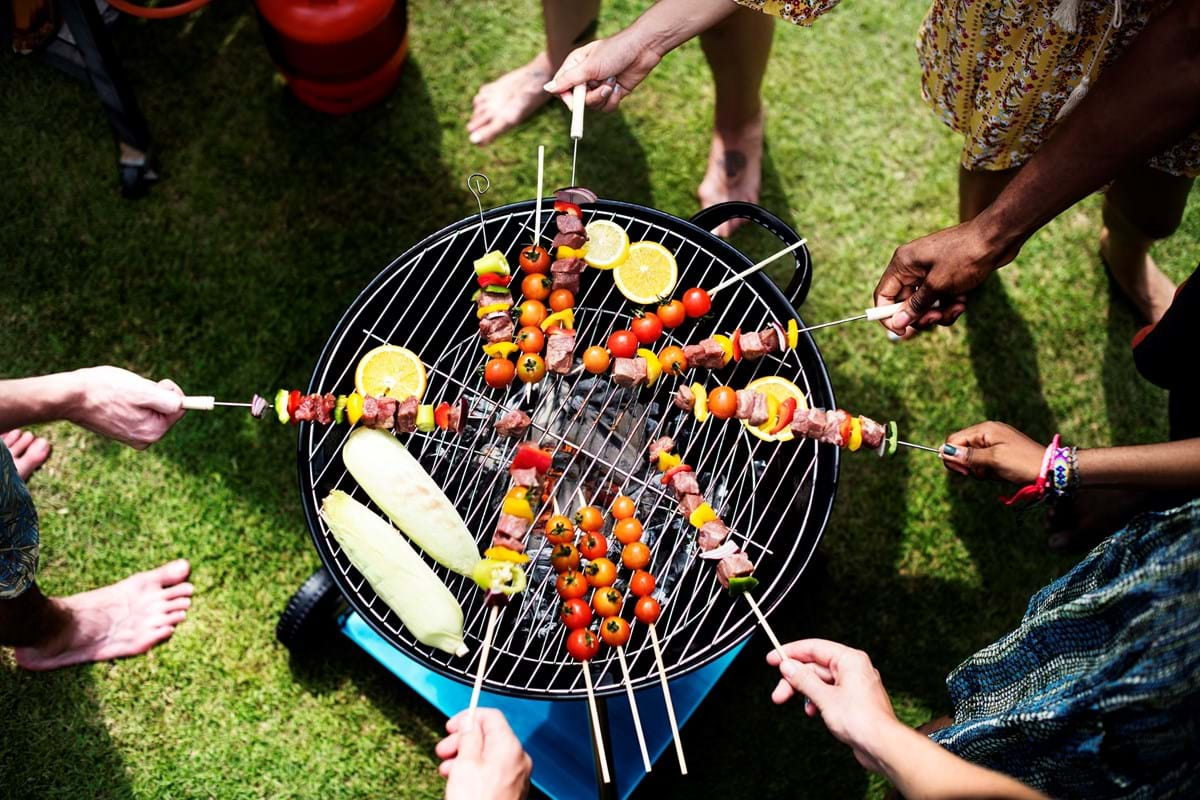
At the heart of growth
TNI grows, develops, and innovates. Together with our growers, we are looking for new ways of making cultivation even more sustainable. We have created a visual presentation of all our new developments. Watch the film here.
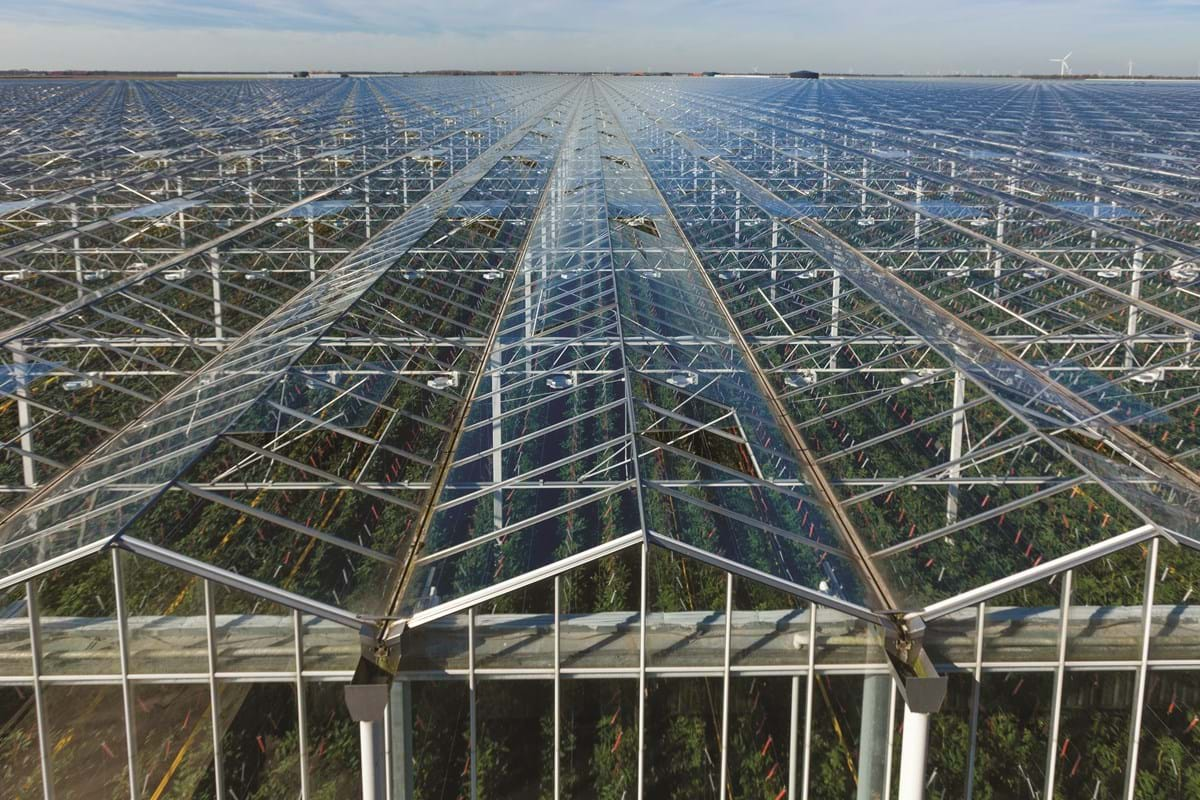
From seawater to fresh water
Our growers use the latest cultivation methods in their greenhouses in order to grow crops even more sustainably. One of the new projects we are involved in is the desalination of seawater. We will be implementing this process in our greenhouses in Tunisia so that we can convert salty seawater into fresh water. ‘This means that we no longer have to extract the relatively small amount of water that we use from groundwater,’ our grower Philip van Antwerpen explains.
Philip grows tomatoes in Tunisia. The company Desert Joy is a modern and sustainable greenhouse horticulture business that is now 40 hectares in size. Desert Joy is currently working on plans to expand even further. ‘We have 200 hectares of land at our disposal which we will use to build 120 hectares of greenhouses. This will be done to a high level of sustainability, with solar panels and a combined heat and power generator to generate electricity and CO2. Desalination – or salt removal – is another example of sustainable technology. We will use seawater that is collected from four kilometres off the coast which we will then filter. The water will be separated into two streams – a highly saline stream and a fresh water stream – through the process of reverse osmosis. The saline water will be returned to the sea and the fresh water will be used for our plants. It is a fantastic solution as it means that we do not have to obtain the small amount of water that we need from fossil sources.’
Fossil water is mainly used in the countries around the Mediterranean Sea but the level is sinking lower and lower each year. That is why more and more desalination installations are being built. These are often used to produce drinking water, but are also increasingly used for agricultural purposes as is the case at Desert Joy. ‘We are currently in talks with government authorities and suppliers with a view to developing the project further,’ Philip declares. ‘We hope that we can build it quickly and start using it next year! We will then be able to harvest the first sweet tomatoes that this water system makes possible to grow.’
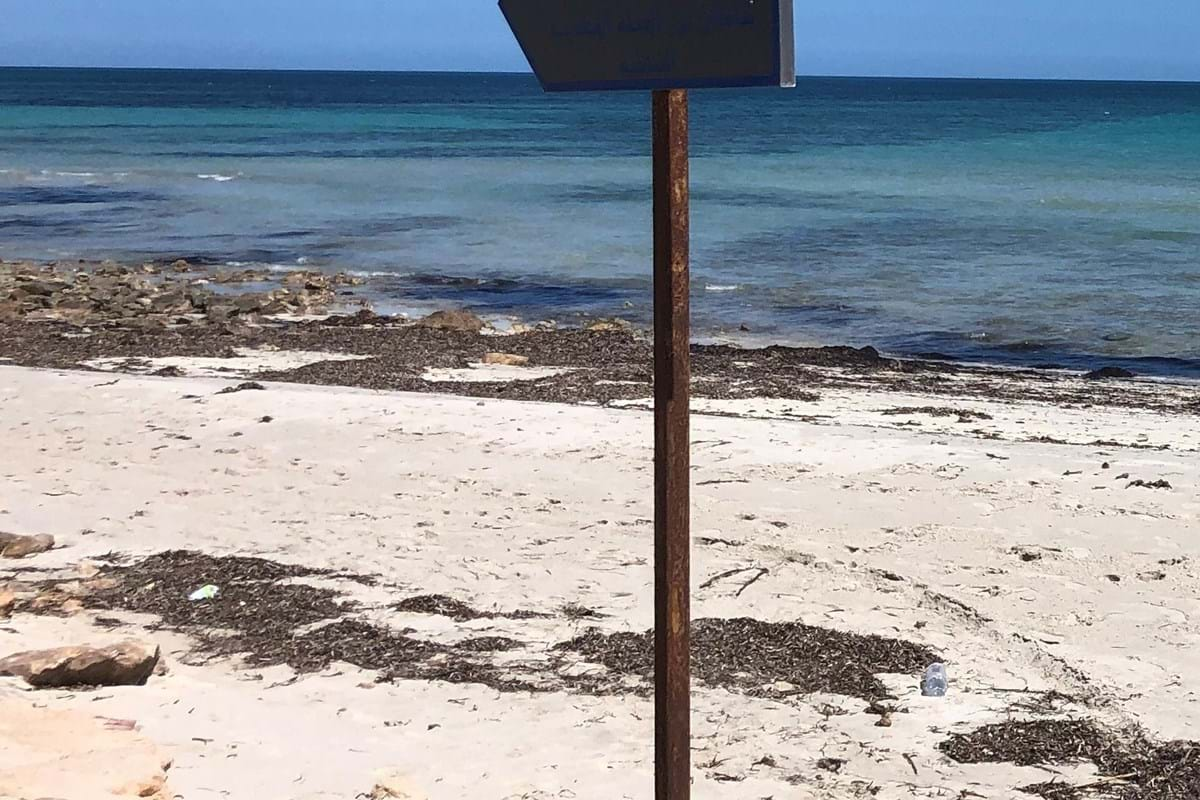
Sweet, sweeter, sweetest
As of this season, we have a new variety of red pointed peppers in our product range – the Rashford RZ. The first pointed peppers of this variety are now being picked off the plants. The Rashford is even sweeter than its predecessor. Not only does it have an enticing flavour, but it is also juicy and has a crunchy bite. It also turns a lovelier shade of red, making it a feast for the eyes. When eaten, this pointed pepper will stimulate all your senses!
One of the growers of this new variety is Frestia. Wim and Mark Zuidgeest have many years of experience in growing sweet peppers. They are always looking for new varieties and cultivation methods. ‘It is not without reason that our slogan is “We’re all about taste”. We select new varieties based on the best flavours. Rashford is a perfect new candidate. After two years of tests with Rashford, we came to the conclusion that this pointed pepper is even tastier than our previous Sweet Palermo red pointed pepper. It therefore had to be the new variety for the 2021 season.’
Wim Zuidgeest is proud of his pointed pepper crop: ‘I really enjoy growing things that are different or special. Things that are not yet grown by the masses but which we see as having a great deal of potential. We cooperate closely with seed breeders, to develop the varieties. I go into the greenhouse every day to see how the crop is doing. It doesn’t stop there for me. I enjoy the whole process – from cultivation to end product. We package the products immediately for the supermarkets and can easily find our own snack sweet peppers or pointed peppers in the stores. It’s always wonderful to see. We are not done until the consumers are happy.’
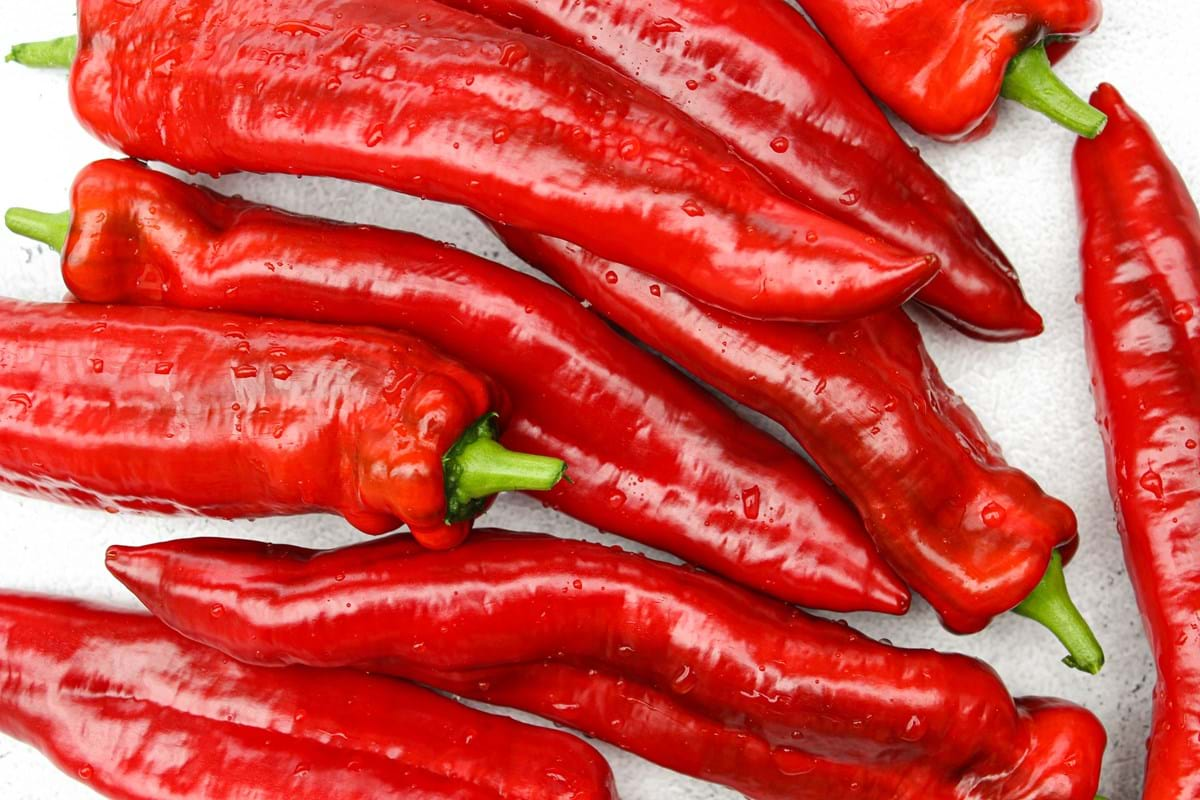
HortiFootprint of our cultivation practices
How sustainable are our cultivation practices really? This is something we are investigating with the HortiFootprint, a methodology for assessing the impact of a product on the environment. This impact can be calculated using a set of rules known as PEFCR. We include a very broad range of sustainability characteristics in order to produce an objective comparison. EcoChain has developed a tool for these calculations and we used this tool to conduct a pilot study. Our pilot project has now been completed and the first results are interesting. We are currently investigating how we want to roll this out further. Our aim is to be able to use the HortiFootprint as a guideline to obtain insight into the various cultivation systems, locations, and segments. This will enable us to see where we can further improve sustainability. In order to obtain an accurate picture, we will need to perform the calculations regularly and for many of our growers. In doing so, we are setting a clear and objective standard for ourselves as well as for the horticulture sector in the Netherlands and abroad.
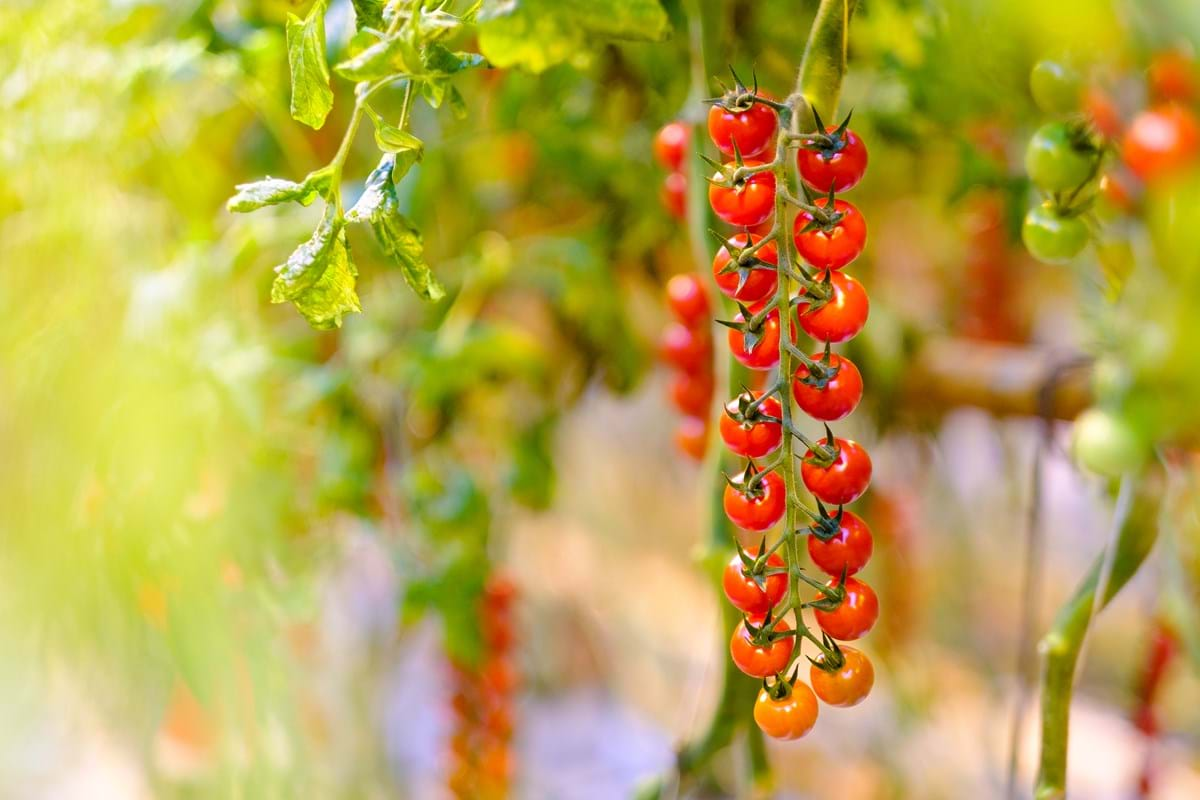
Pass on colour
Let us spread something to make the world a healthier and more sustainable place: the consumption of more fruits and vegetables. That is the idea behind the ‘Pass on colour’ campaign of the Dutch National Fruit and Vegetable Action Plan (Nationaal Actieplan Groenten en Fruit, NAGF). The campaign website contains tips on how to eat more fruit and vegetables and how organizations can encourage people to do so. The campaign ties in with the UN’s International Year of Fruits and Vegetables 2021; a year in which there is greater focus worldwide on the importance of healthy and sustainable food for everyone. Good, healthy food is perhaps even more important today than ever. It is therefore time to take action – to colour every day, every meal, and every moment with fruits and vegetables.
